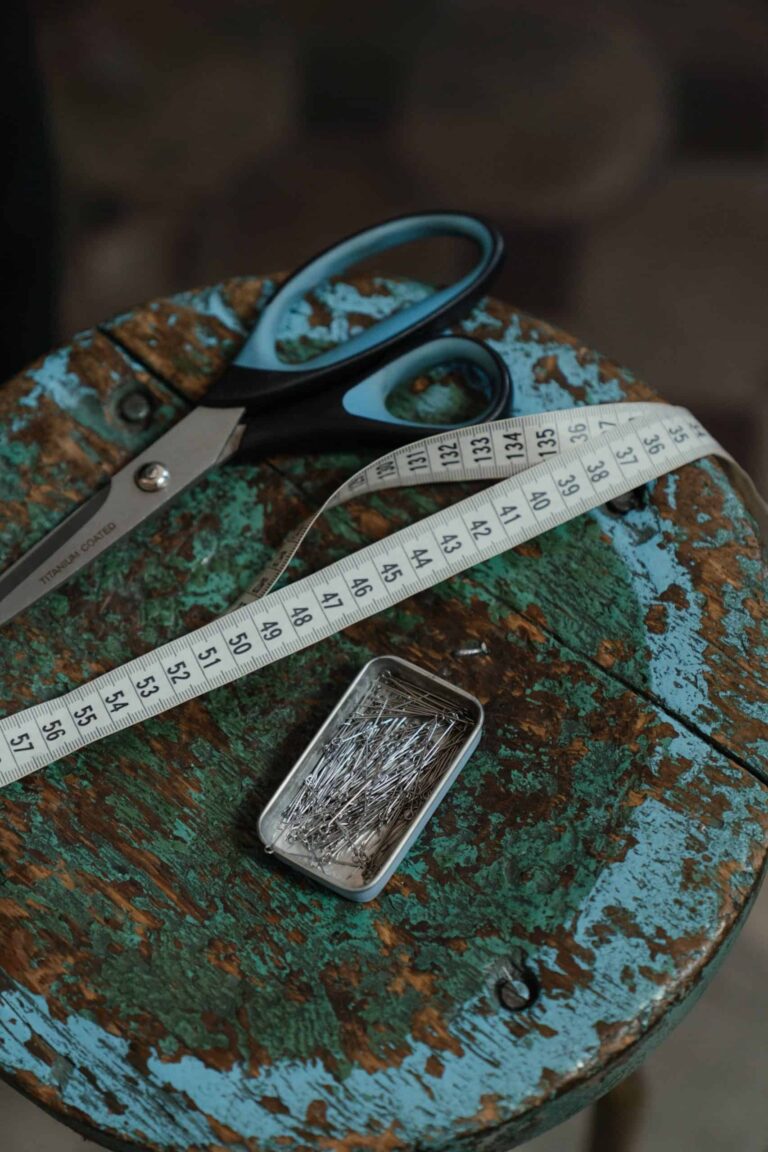How NFL Teams Use Film Study to Improve Performance
1: Introduction
In the NFL, preparation is just as important as physical talent. Film study has become one of the most valuable tools for teams and players to gain an edge over opponents. By analyzing footage of games, practices, and opponents, teams can identify patterns, strengths, and weaknesses that influence strategy. Here are ten ways NFL teams use film study to improve performance and win games.
2: Breaking Down Opponent Tendencies
Coaches and players review film to recognize how opponents call plays in certain situations.
3: Studying Defensive Coverages
Quarterbacks study film to identify coverage schemes, blitz packages, and disguises used by defenses.
4: Improving Player Technique
Film helps players see mistakes in footwork, hand placement, and body positioning that they can correct in practice.
5: Game Planning Adjustments
Teams use film to design plays that exploit mismatches and avoid opponent strengths.
6: Self-Scouting
Coaches review their own team’s film to spot tendencies that opposing teams might exploit.
7: Special Teams Preparation
Film study allows special teams units to anticipate return strategies and blocking schemes.
8: Rookie Development
Young players rely on film to learn professional playbooks and understand the speed of the NFL game.
9: Situational Awareness
Studying film of red-zone, third-down, and two-minute scenarios helps teams prepare for high-pressure moments.
10: Building Chemistry
Film sessions bring units together—offensive lines, receivers, or defensive backs—to sync strategy and communication.
11: Mental Repetition
Even when not on the field, players get mental reps by watching film, reinforcing memory and decision-making.
Conclusion
In conclusion, film study is the invisible backbone of NFL success. From quarterbacks recognizing coverages to coaches designing smarter game plans, the insights gained from film translate directly to improved performance. While fans see the action on Sundays, much of the preparation happens in dark film rooms—where the game is won before it’s even played.

